
Strong boundaried people take responsibility for their own emotions.
They slough off other people’s projections. And they’re able to discern where they end and others begin, appropriately separating their own thoughts and feelings from those of others.
As a codependent, this is inspiring to me. Because my sensitivity has always made me vulnerable to problems that didn’t necessarily belong to me.
For example, growing up, anytime people would imply or accuse me of stuff that seemed to come completely out of left field, it made me mad as hell. My skin flushed and my stomach churned and my inner child felt attacked and misunderstood and invisible.
Like he was charged with a crime he didn’t commit.
But as an adult, that membrane between myself and others has clarified and strengthened. Instead of immediately defending, explaining and reassuring others of my position, the question inside my head becomes the following.
How much of this is actually mine?
And after checking in with my body, in many cases, the answer is, not much. Which empowers me to think:
Okay, cool, that’s not mine, it’s theirs. Let’s send it right back.
This practice is hard. Sometimes my emotions get the best of me and the question is never asked. But when it works, it allows me to create and maintain my separate self and learn to trust my own perceptions.
Next time someone says something that doesn’t track for you, no need to abandon your intuition just to avoid disappointing them and win their approval.
Figure out what’s yours and what’s theirs.
LET ME ASK YA THIS…
Are these comments really about me, or simply indications of another person’s stuff?
* * * *
Scott Ginsberg
That Guy with the Nametag
Author. Speaker. Strategist. Inventor. Filmmaker. Publisher. Songwriter.
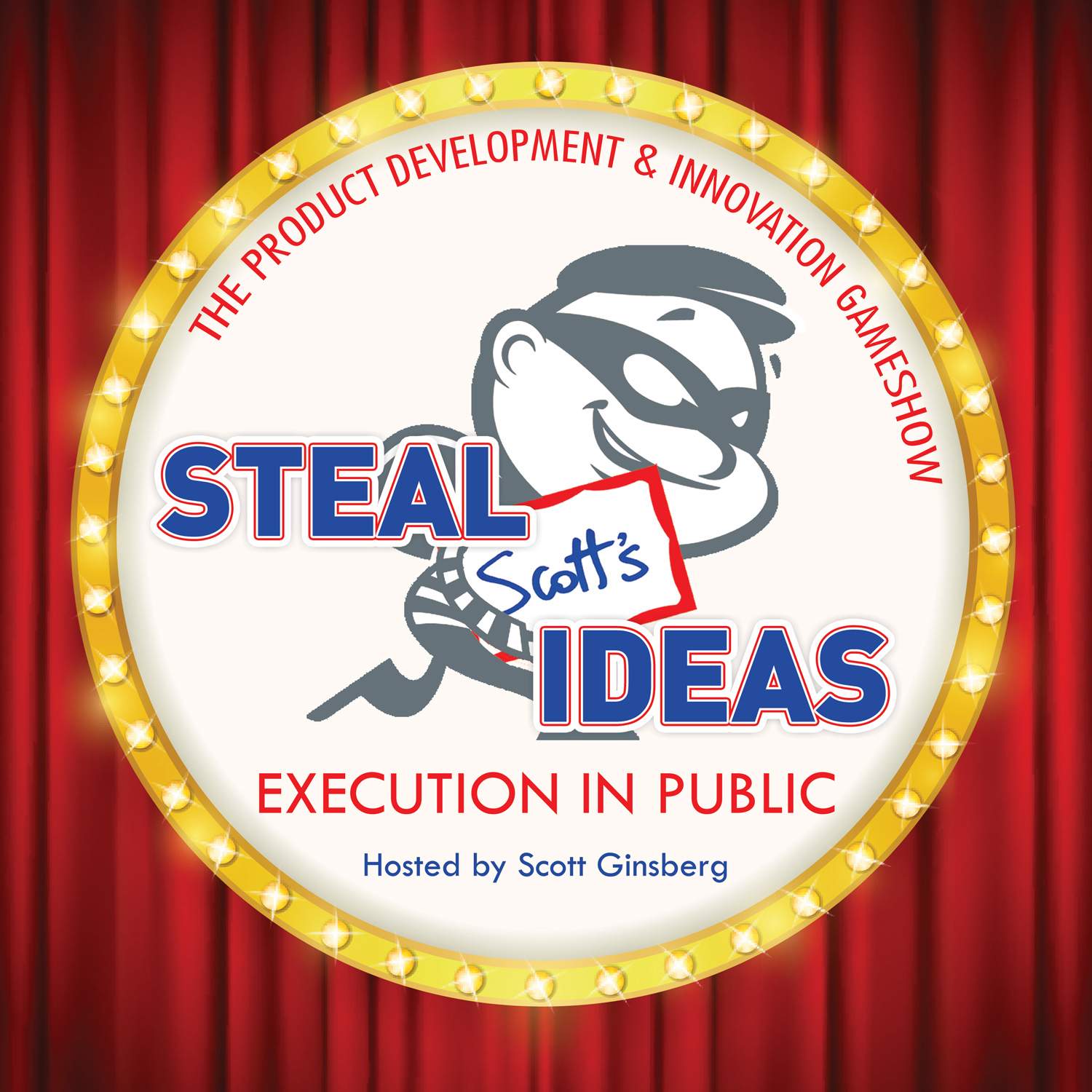 It’s the world’s first, best and only product development and innovation gameshow!
It’s the world’s first, best and only product development and innovation gameshow!
Tune in and subscribe for a little execution in public.
Join our community of innovators, artists and entrepreneurs.


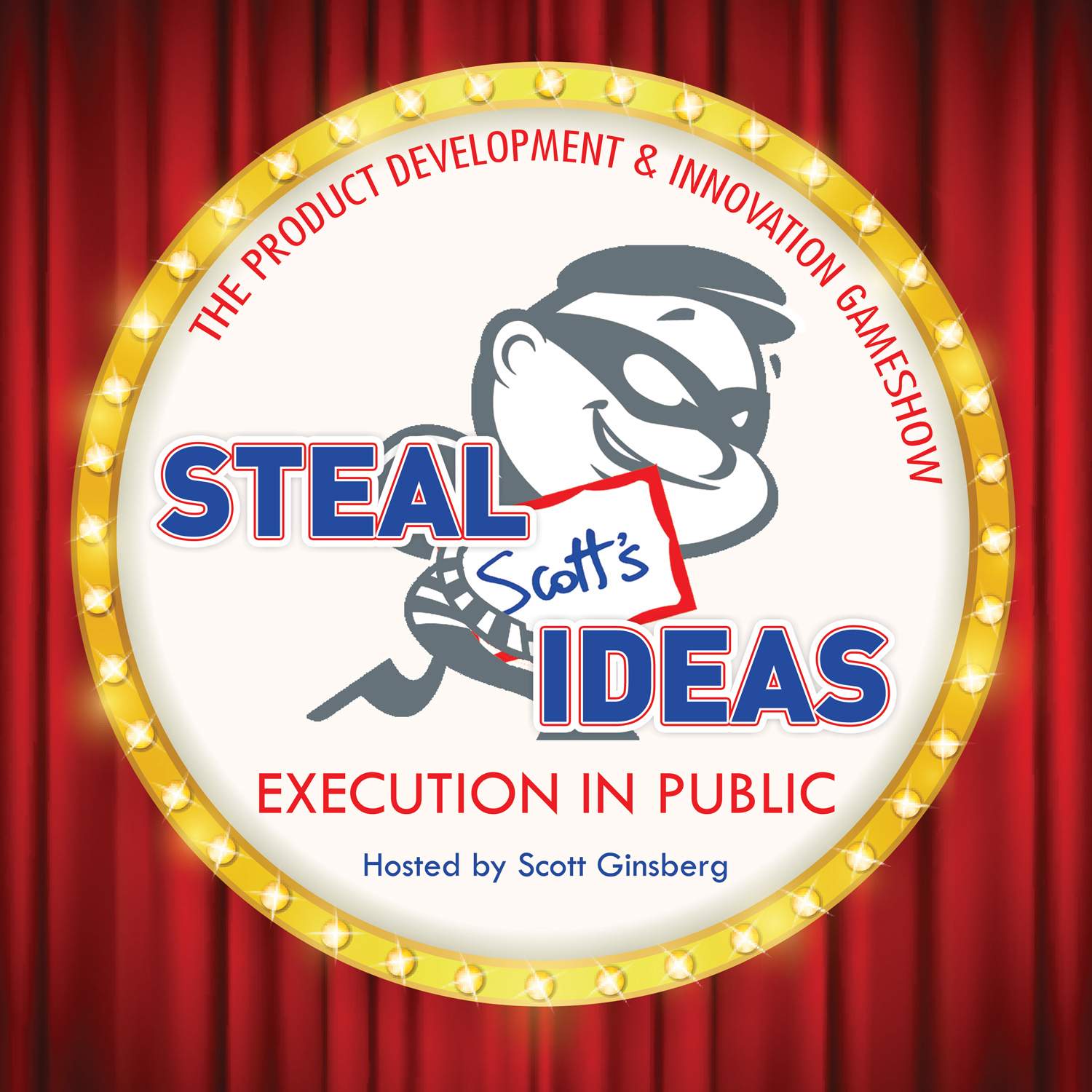 It’s the world’s first, best and only product development and innovation gameshow!
It’s the world’s first, best and only product development and innovation gameshow!
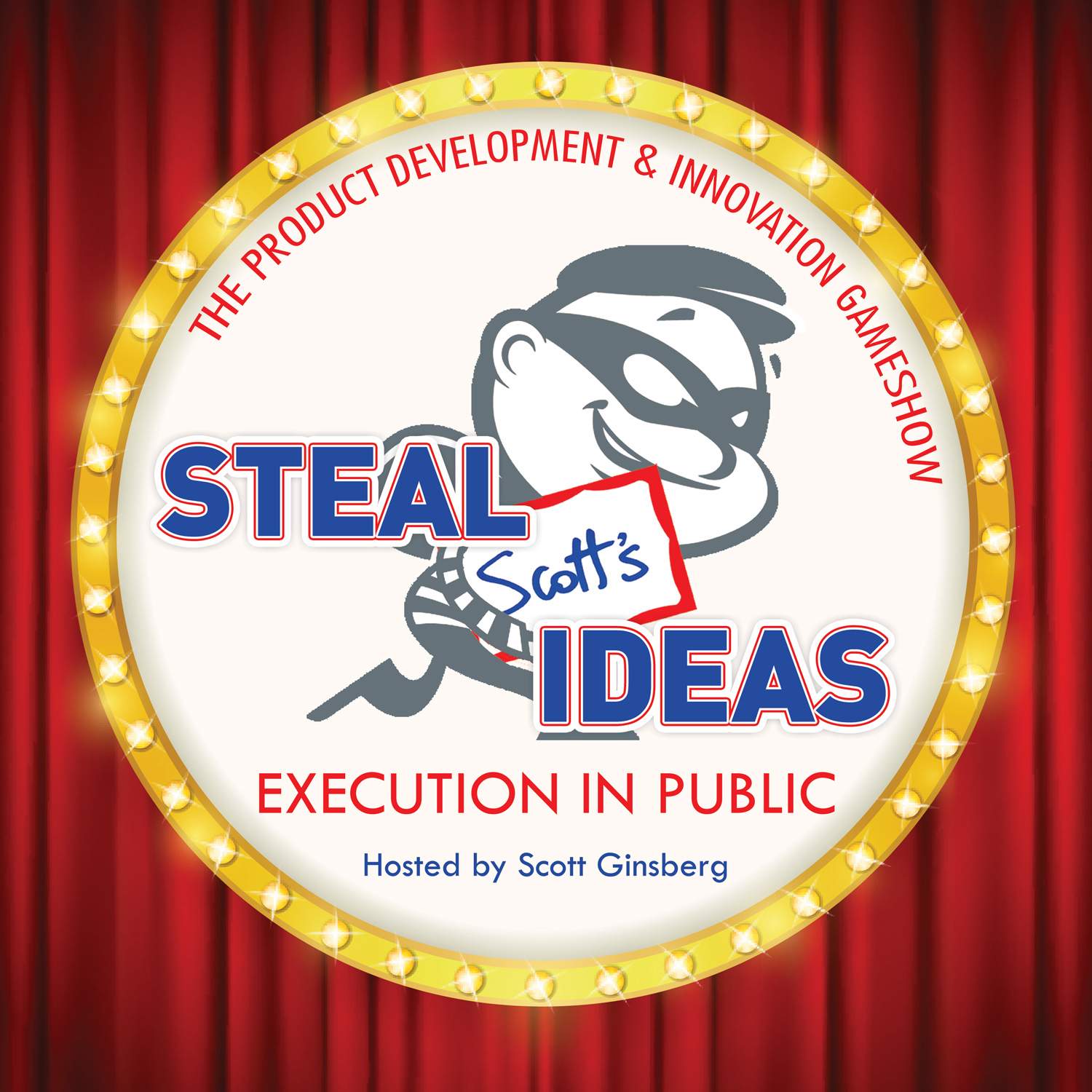 It’s the world’s first, best and only product development and innovation gameshow!
It’s the world’s first, best and only product development and innovation gameshow!
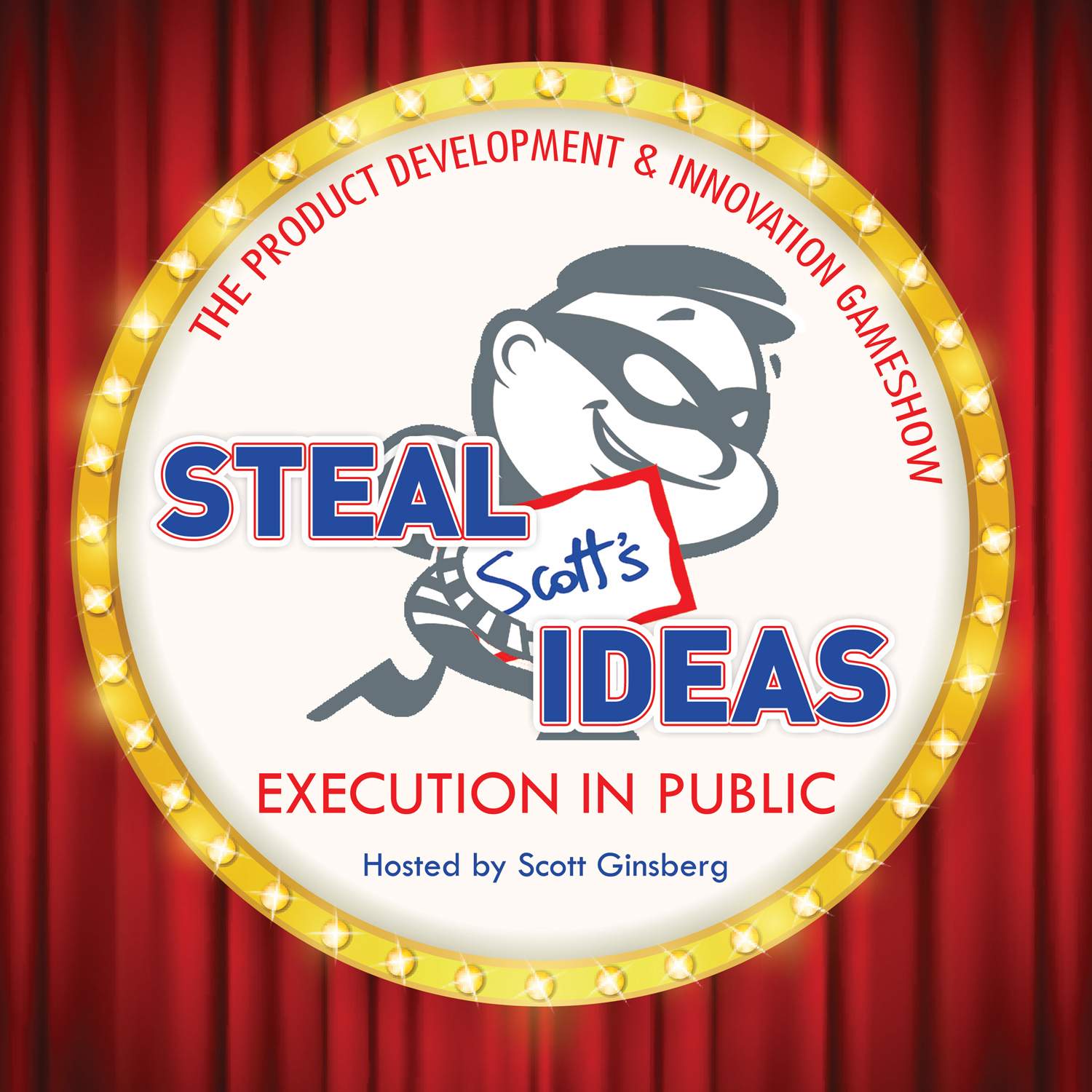 It’s the world’s first, best and only product development and innovation gameshow!
It’s the world’s first, best and only product development and innovation gameshow!
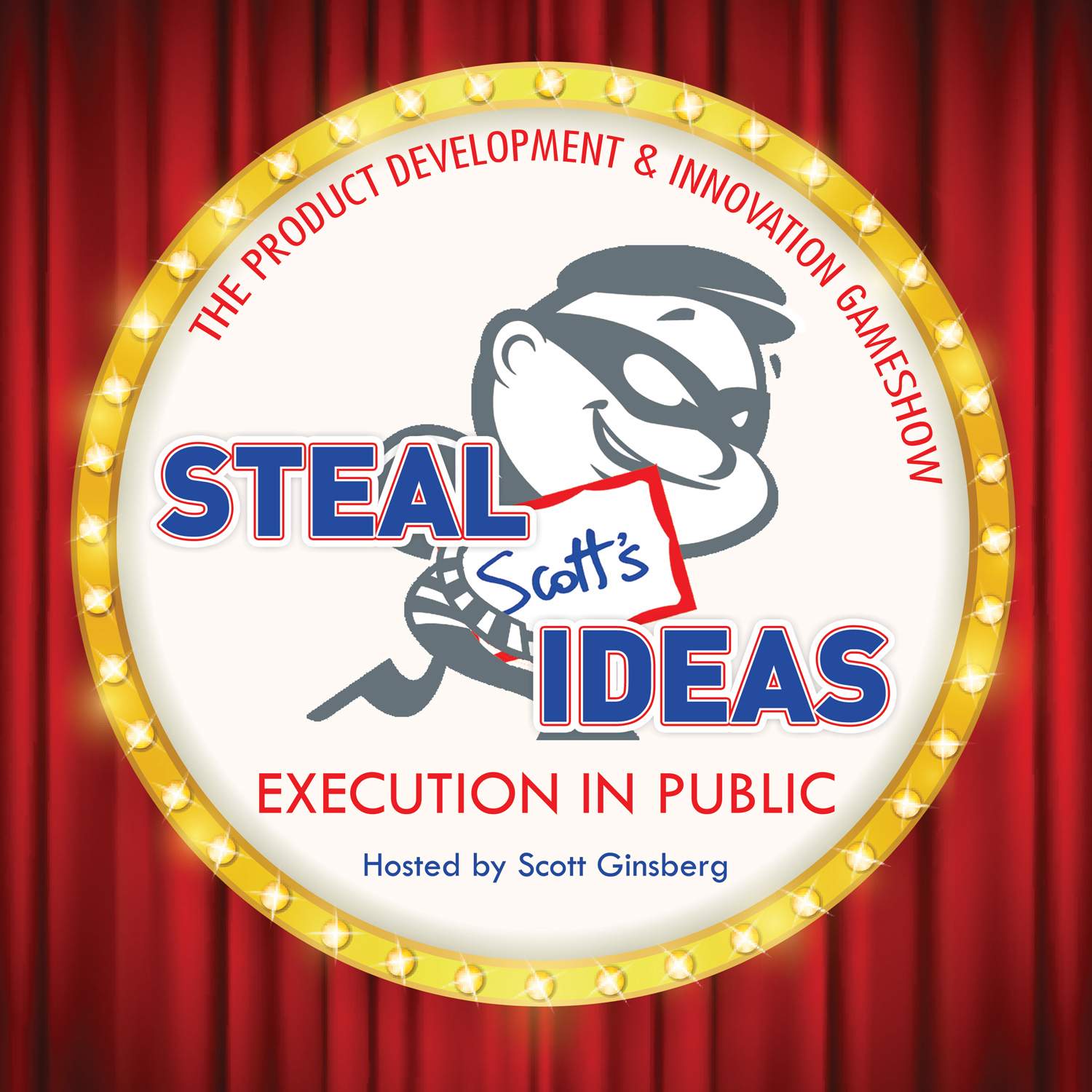 It’s the world’s first, best and only product development and innovation gameshow!
It’s the world’s first, best and only product development and innovation gameshow!
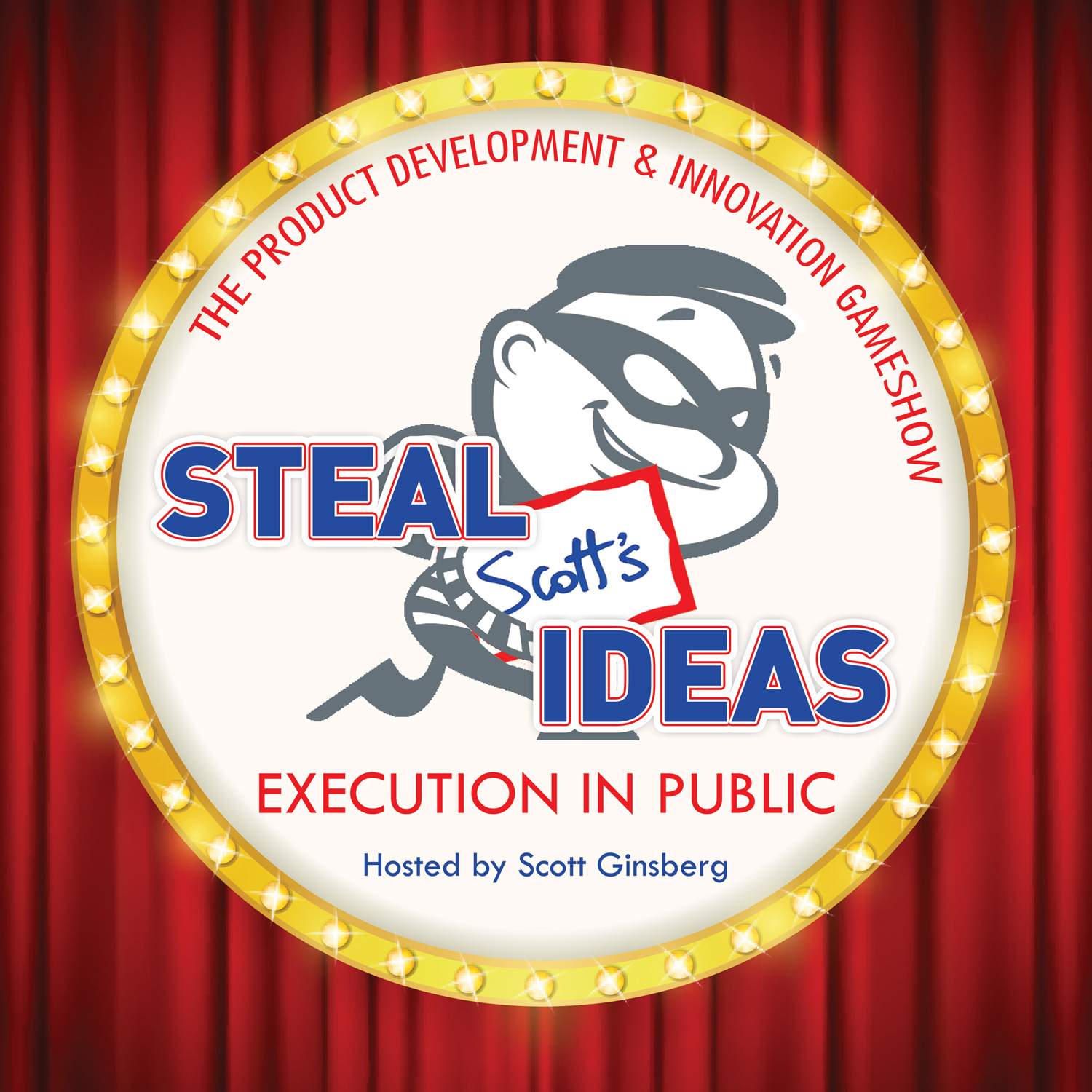 It’s the world’s first, best and only product development and innovation gameshow!
It’s the world’s first, best and only product development and innovation gameshow!
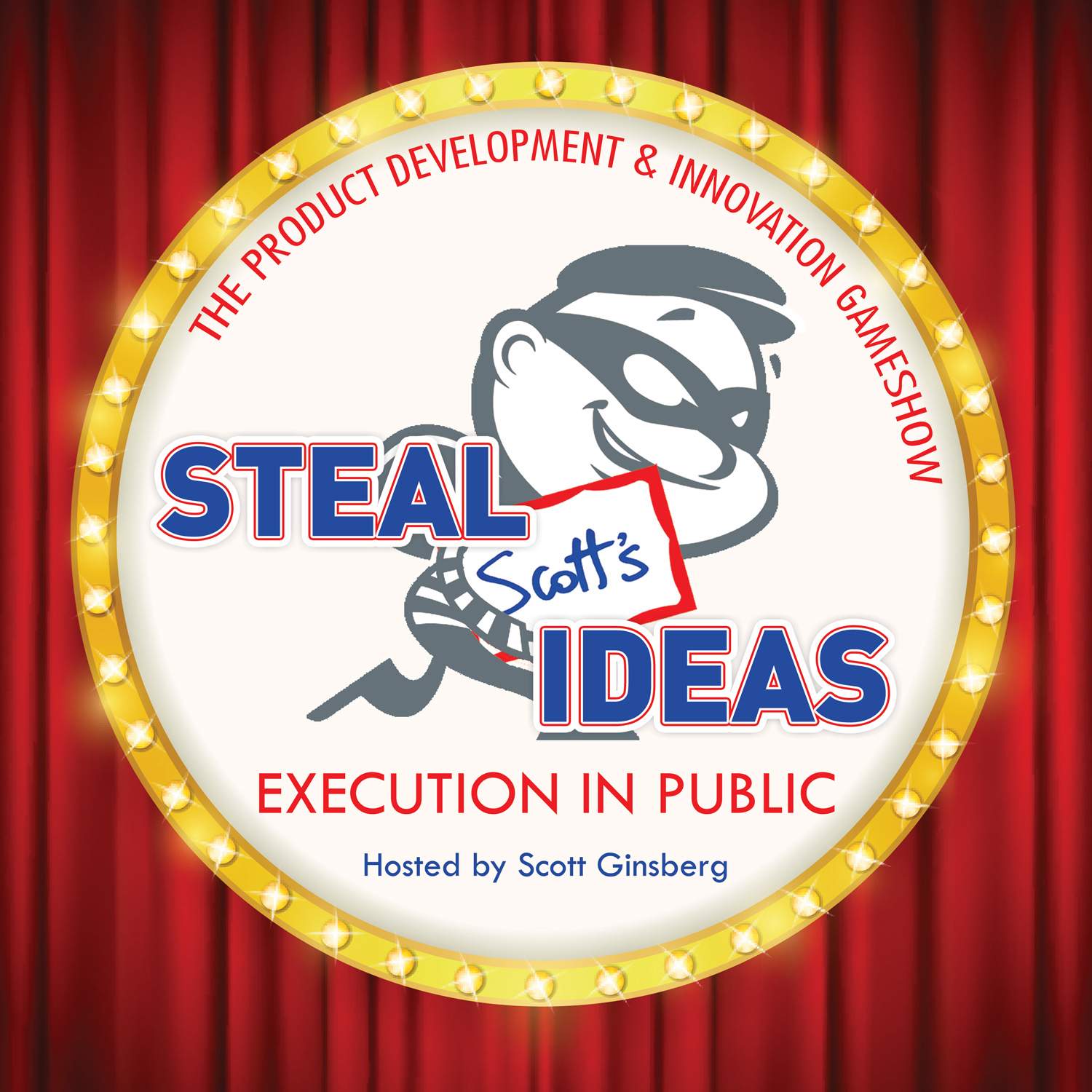 It’s the world’s first, best and only product development and innovation gameshow!
It’s the world’s first, best and only product development and innovation gameshow!
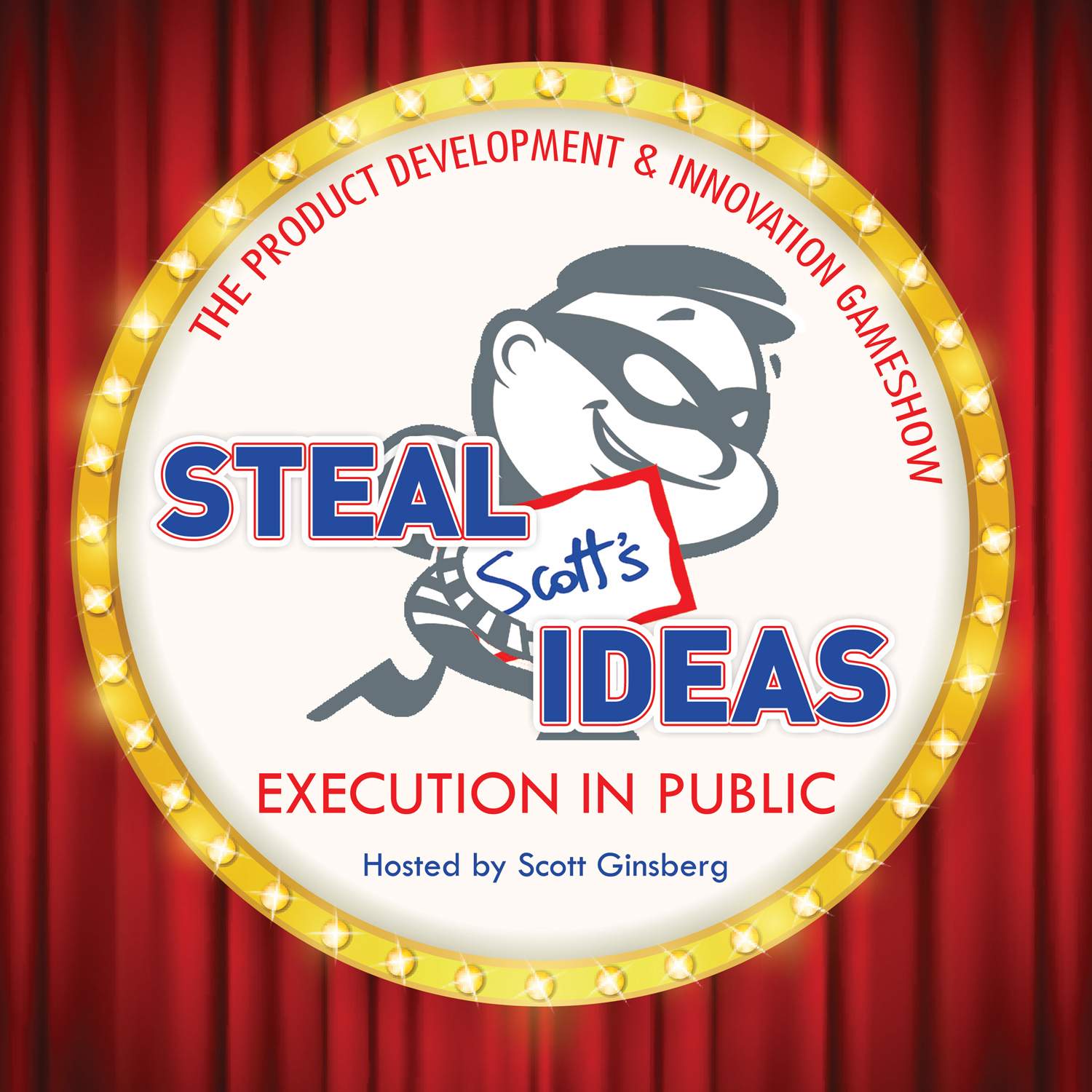 It’s the world’s first, best and only product development and innovation gameshow!
It’s the world’s first, best and only product development and innovation gameshow!
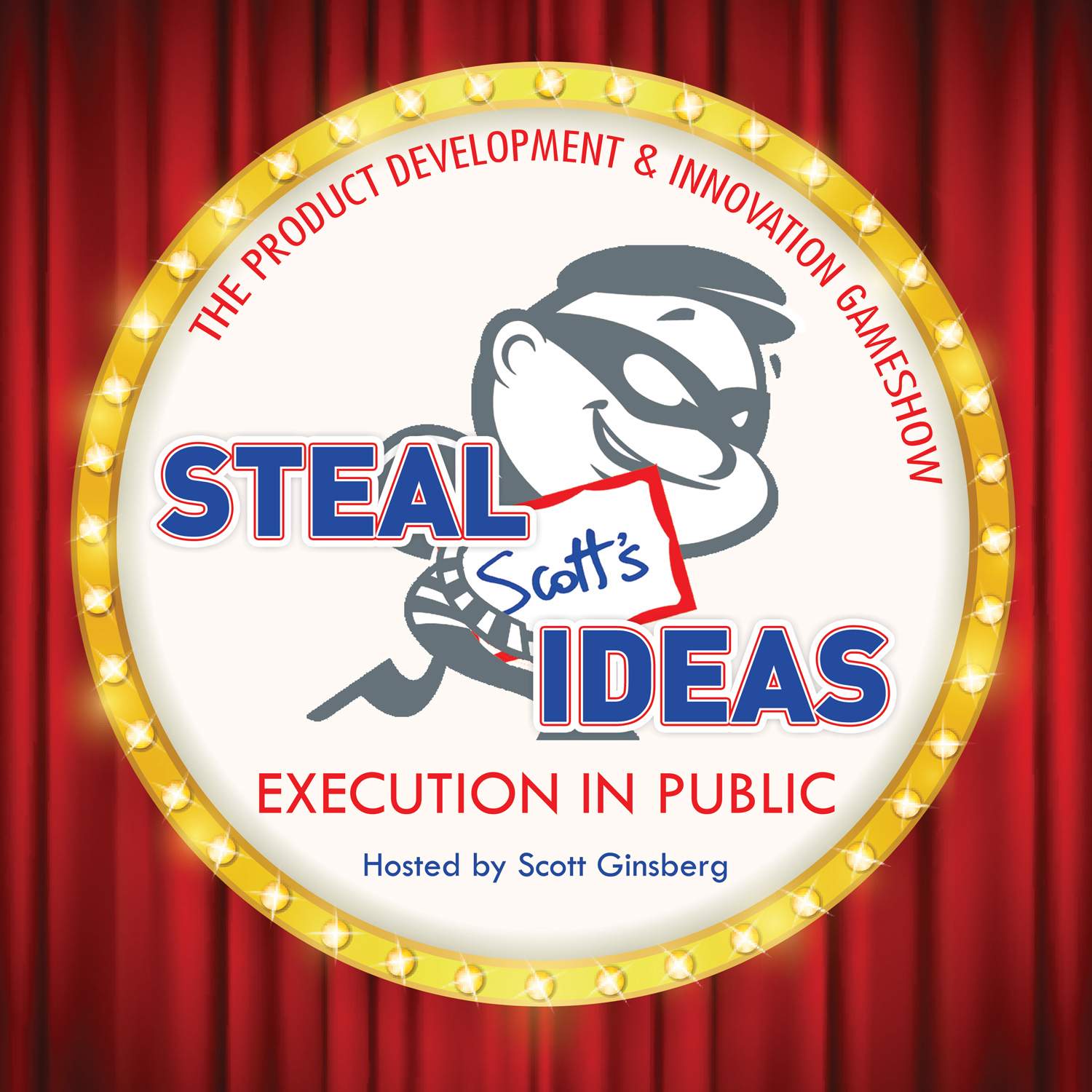 It’s the world’s first, best and only product development and innovation gameshow!
It’s the world’s first, best and only product development and innovation gameshow!
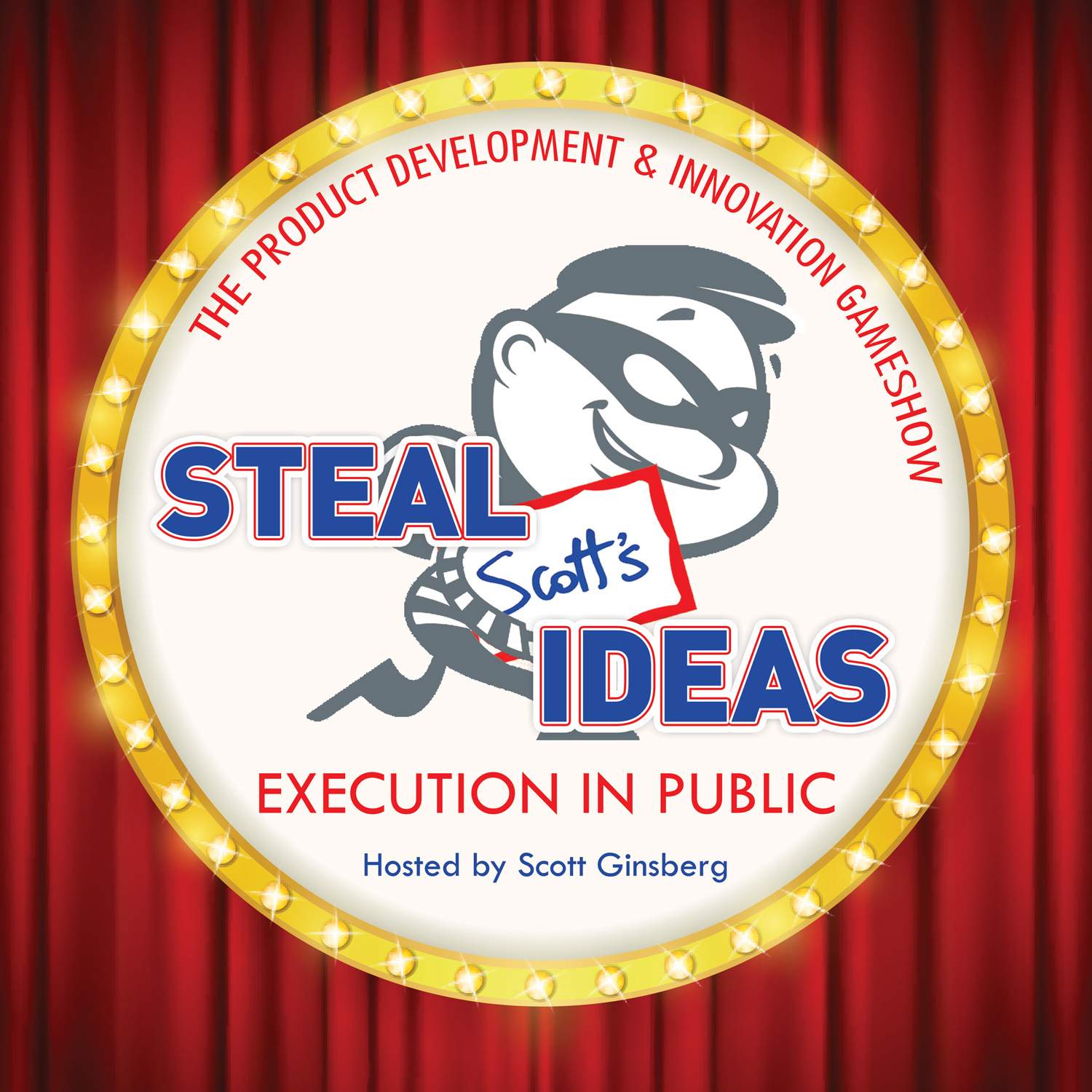 It’s the world’s first, best and only product development and innovation gameshow!
It’s the world’s first, best and only product development and innovation gameshow!